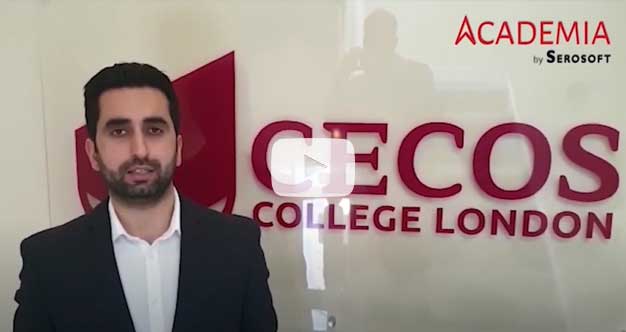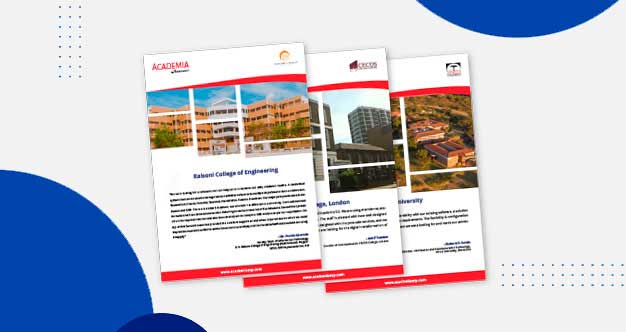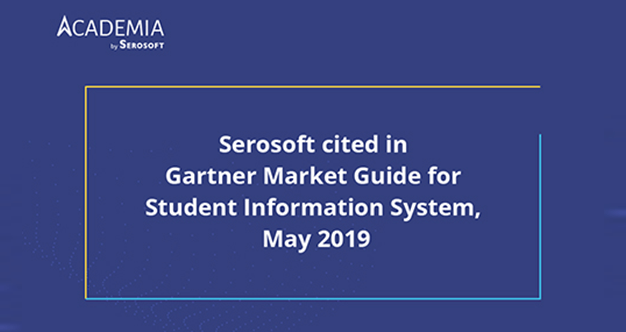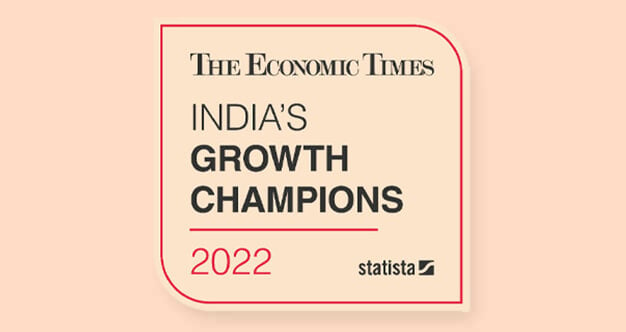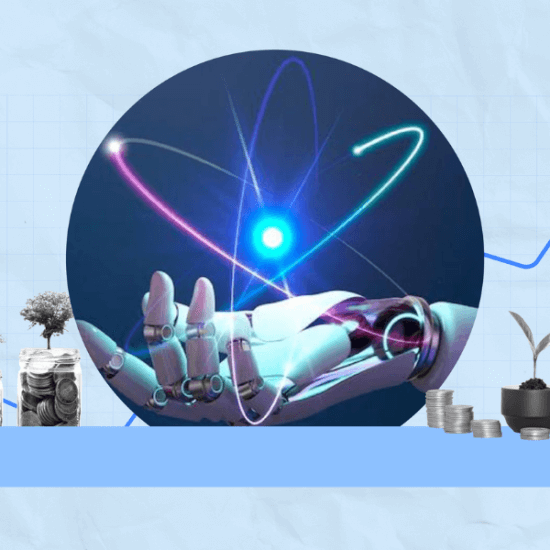Indian Education Sector: Navigating the Impact of Globalization
In an era characterized by unprecedented connectivity and technological advancement, the Indian education sector finds itself at the intersection of tradition and transformation. Globalization has emerged as a powerful force shaping various aspects of education, from curriculum design to international collaborations. This blog delves into the multifaceted impact of globalization on the Indian education sector, shedding light on the challenges and opportunities it presents, while also examining the strategies required to navigate this evolving landscape.
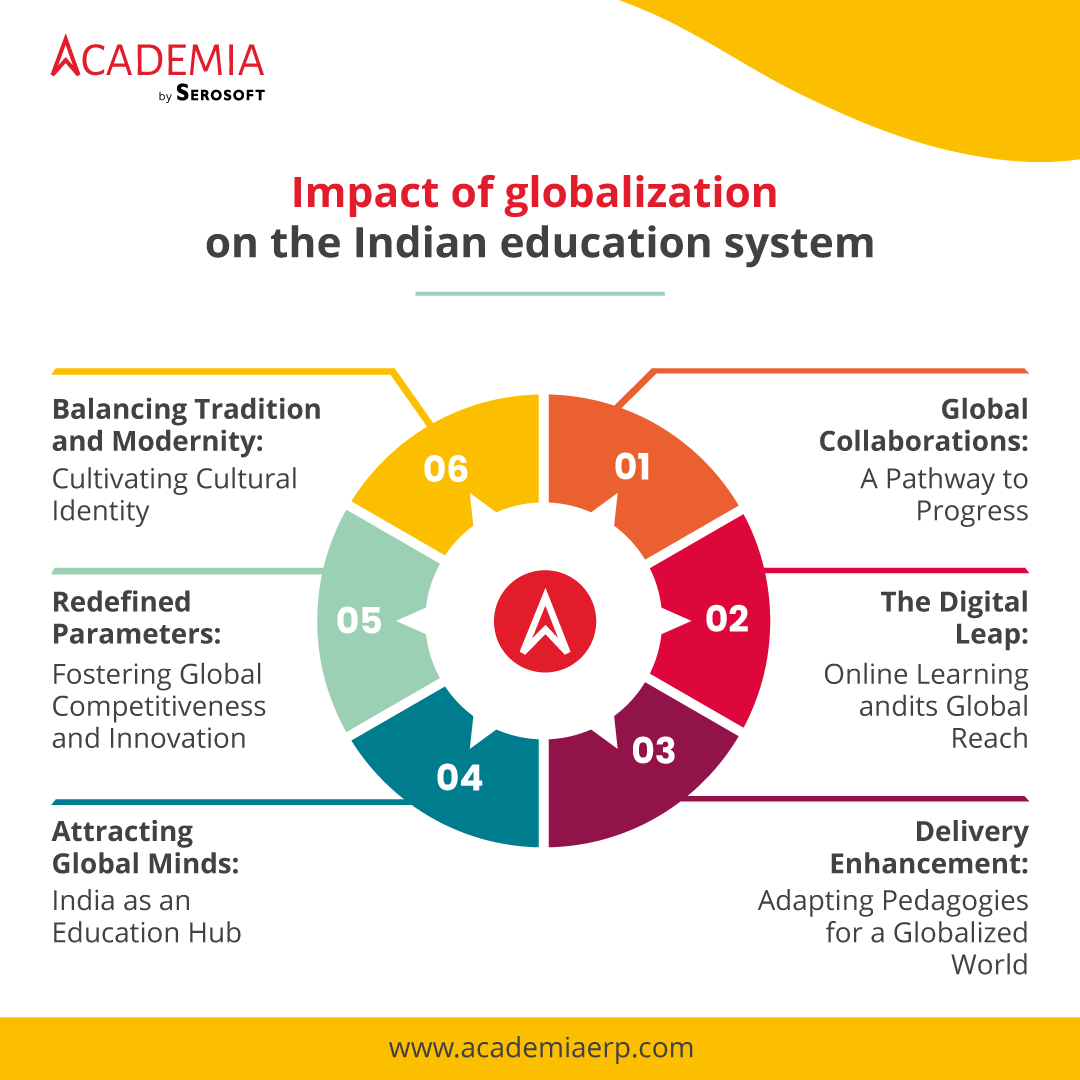
Global Collaborations: A Pathway to Progress
One of the most significant outcomes of globalization in the Indian education sector is the rise of international collaborations. Education institutes across the country are forging partnerships with esteemed global counterparts to engage in cutting-edge research, curriculum development, and faculty & student exchange programs. These collaborations not only enhance the quality of education but also foster cultural diversity by exposing students to different perspectives and teaching methodologies.
The Digital Leap: Online Learning and its Global Reach
Advancements in technology have led to the proliferation of online learning platforms, transcending geographical barriers and providing students access to world-class courses. Additionally, Indian institutes are leveraging these platforms to extend their reach beyond borders, thereby tapping into a global student base. This trend not only democratizes education but also generates new revenue streams for educational institutions.
Delivery Enhancement: Adapting Pedagogies for a Globalized World
Globalization has prompted a shift in pedagogical approaches, in the shadow of the New Education Policy by India, with educators incorporating international best practices to nurture well-rounded individuals. By embracing multidisciplinarity and focusing on critical thinking and problem-solving skills, Indian Institutes are preparing students to thrive in a rapidly evolving job market. However, this shift presents challenges, including the need for faculty training to effectively implement these new methodologies.
Attracting Global Minds: India as an Education Hub
India’s rich cultural heritage, coupled with affordable higher education options, has positioned the country as an attractive destination for international students. The government of India’s various initiatives aimed at simplifying visa procedures, offering scholarships, and also the “study in India portal” to further contribute to this allure. While these efforts have led to an influx of foreign students, there is a pressing need to ensure that campuses are equipped to meet international standards and address the unique needs of a diverse student body.
Redefined Parameters: Fostering Global Competitiveness and Innovation
Globalization has redefined the parameters of competitiveness, urging Indian graduates to excel on a global platform. The recognition of Indian degrees internationally has opened doors to diverse employment opportunities, and the education sector is working to bridge the gap between academia and industry by fostering entrepreneurship, innovation, and problem-solving skills. By nurturing a culture of creativity and risk-taking, Indian institutes are equipping students to navigate the complexities of the global workforce.
Balancing Tradition and Modernity: Cultivating Cultural Identity
As the Indian education sector embraces globalization, there is a parallel need to preserve cultural identity and values. Educational institutions have come a long way from Gurukul’s and are integrating traditional arts, culture, and heritage into their curricula, ensuring that students remain connected to their roots. Moreover, ethics and values are being imparted within a global context, nurturing responsible global citizens who can navigate the ethical dilemmas posed by an interconnected world.
Conclusion:
Globalization has undeniably reshaped the Indian education sector, propelling it into a new era of possibilities. By capitalizing on international collaborations, technological advancements, evolved pedagogies, and cultural enrichment, India has the opportunity to create a holistic and globally competitive education ecosystem. Technology is the biggest catalyst for globalization in education and Academia ERP is one of the veteran education ERPs operating in more than 22 countries across the globe and can help you stride the ride at a global pace.
Striking a harmonious balance between the influences of globalization and the preservation of cultural identity will pave the way for a transformative and inclusive education sector, where students are not only prepared for the challenges of a globalized world but are also deeply rooted in their rich heritage.
Our Success Stories
Related Posts:
 Higher Ed Plans
Higher Ed Plans K12 Plans
K12 Plans

